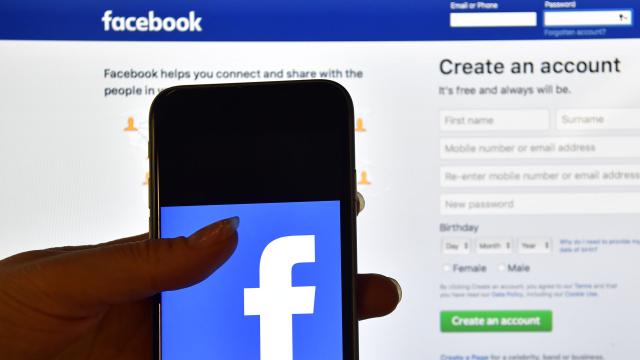UK legislators are accusing social media giant Facebook of providing “disingenuous answers” during testimony on alleged Russian infiltration of the site in 2016 while avoiding other questions “to the point of obstruction”, the New York Times reported on Saturday.
The House of Commons’ Digital, Culture, Media and Sport Committee strongly criticised Facebook, writing that the site seemed to have intentionally stonewalled the committee’s investigation:
“Facebook should not be in a position of marking its own homework,” the committee said, in a report scheduled for release on Sunday, arguing that Facebook’s resistance to providing information to Parliament “does not bode well for future transparency.”
… “Time and again, Facebook chose to avoid answering our written and oral questions,” the report noted.
“There has been a continual reluctance on the part of Facebook to conduct its own research on whether its organisation has been used by Russia to influence others,” the report said, describing “a disconnect between the government’s expressed concerns about foreign interference in elections and tech companies intractability in recognising the issue.”
If Parliament is feeling a little miffed, it shouldn’t be a surprise. Earlier this year, the committee’s chair Damian Collins criticised the site for allegedly failing to provide transparency on topics as varied as Russian political ads bought in the UK, how much money it generates in Myanmar even as it is accused of fuelling genocide there and who made the call to leave users in the dark on the Cambridge Analytica scandal.
“It is disappointing”, Collins said, “That a company with the resources of Facebook chooses not to provide a sufficient level of detail and transparency on various points…”
A week later, CEO Mark Zuckerberg similarly dodged questions before a European Parliament panel, clearly leaving many in the room less than pleased.
In the case of Cambridge Analytica, at least, Facebook escaped in the UK with the threat of a paltry $US664,000 ($897,424) fine hanging over its head. But Facebook and other social media companies could soon find their ability to act with relative impunity stopped dead in its tracks.
Four federal agencies in the US have launched inquiries into Facebook’s role in the Cambridge Analytica scandal, including whether it misled investigators. The General Data Privacy Regulation (GDPR) which kicked into effect this year across Europe could impose fines of up to four per cent of global turnover for similar future violations of user privacy. And the parliamentary panel which is mad today is responding to allegations of Russian infiltration by recommending stringent regulations for social media sites, the harshest of which would change laws shielding operators from liability for user-submitted content.
The Times writes:
“Social media companies cannot hide behind the claim of being merely a ‘platform,’ ” the report asserted. “That is not the case; they continually change what is and is not seen on their sites, based on algorithms and human intervention.”
Among other proposals, the committee called for the regulators who oversee television and radio to set standards for accuracy and impartiality on social media sites, for the establishment of a “working group of experts” to rate the credibility of websites or accounts “so that people can see at first glance the level of verification,” and for a new tax on internet companies that would pay for expanded oversight.
Additionally, the committee recommended escalating the maximum penalties for election law violations from roughly $US26,200 ($35,410) (9,072kg) to a maximum fine set “at a fixed percentage of a company’s revenue”.
The UK government will be proposing a new regulatory framework this year and it’s not clear yet how much weight the committee’s proposals will carry — but from Facebook’s perspective, they must be ominous.
Just a few weeks ago, Facebook seemed unstoppable, with its stock price skyrocketing on the presumption that the site’s ability to weather the scandals relatively unscathed indicated users just didn’t care about them.
This week, it took a significant blow — albeit just because it couldn’t keep up explosive growth numbers and with little indication it was the result of users leaving the sites in droves. That leaves regulators as the site’s biggest threat, at least in Europe, so it was probably a bad move to make them so angry in the first place.
